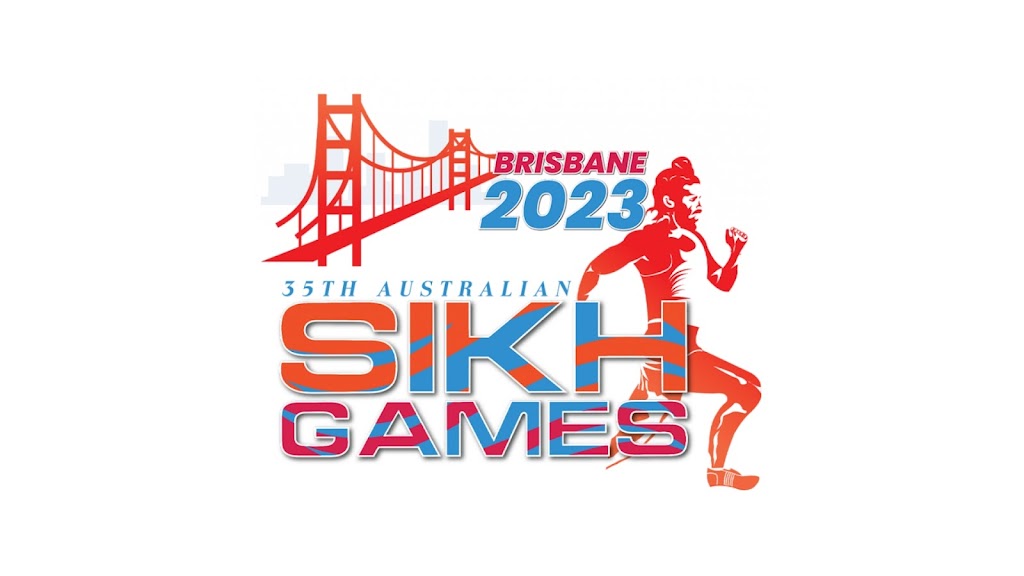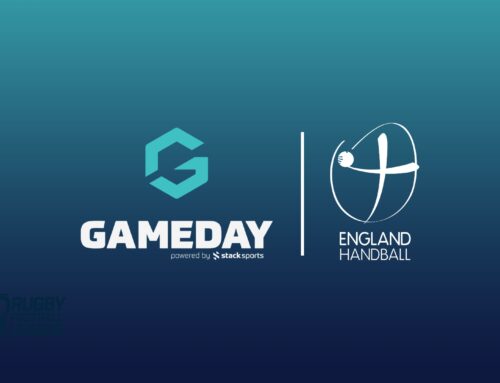How GameDay supported the 35th Australian Sikh Games
The 35th edition of the Australian Sikh Games recently took place in Brisbane.
The Australian Sikh Games are the premier sporting and cultural event for the Australian Sikh community. They are held every year in capital cities and major regional areas around Australia.
Athletes and spectators from all over the country and overseas – including New Zealand, Malaysia, Singapore, Hong Kong, Canada and the UK – come to participate in a wide array of traditional Indian and Australian sports and cultural events.
The Games draw crowds of up to 100,000 people over three days, during which time over 3,500 athletes compete across 14 different sporting disciplines.
A wide-ranging selection of sports feature within the Games, including kabaddi, netball, basketball and soccer, amongst others.
There are approximately 120 Australian clubs and 11 international clubs in the organisation, and to ensure the seamless running of the event, the Australian Sikh Games enlisted the help of GameDay, primarily for their soccer events.
Following the successful running of the 35th edition of the Games, we caught up with men’s soccer coordinators Pravi Singh and Robin Boparai to learn more about how they used the GameDay system and the benefits it brought.
Laying the groundwork
Before the Games began, it was imperative for those who would operate the GameDay platform over the weekend to understand how it truly worked.
This fell primarily on the shoulders of Boparai, who, with the help of GameDay, was able to learn more about the system’s capabilities.
So, how did the Australian Sikh Games find this initial introduction to the GameDay system and its uses?
“It was a bit tricky at first because you don’t have that experience, but once we had the first template of how the draw would look, it became a lot easier,” Boparai said.
Singh also remarked how impressed he was by the speed at which key information regarding the GameDay system was understood by the team behind the Games, ensuring club queries could be responded to in a timely and informative manner.
“After the last session we had, I was amazed with how Robin was able to answer queries from the teams,” he admitted.
“It felt like he had years of experience using GameDay because of how easily he was able to sort things for participants.”
Keeping the event Sikh
A key component of the Games’ work with GameDay centred around ID management and the participants involved across the weekend.
Amongst other things, the purpose of the Australian Sikh Games is to promote the values of the Sikh faith.
The Australian Sikh Games are a representation of the Sikh community’s competitive spirit, with the event forming an integral part of the community’s social calendar.
With this in mind, it was important for the Games to identify whether those taking part were eligible to do so – a challenge they had faced for many years prior to working with GameDay.
“It is called the Sikh Games, and we want to emphasise [the event] being Sikh – you have to be of the Sikh faith or connected to the Sikh faith,” Singh said.
“Previously without GameDay, it was a very hard task. You literally had to have inside knowledge of a player who was not of that background.
“We didn’t know if they were following the Sikh faith – we literally had no idea.
“That was one of the big issues, but working with GameDay has started to eliminate the big issue we had where players played under different names.”
Managing the tournament
Results entry was also a key feature of the Australian Sikh Games’ use of the GameDay system.
Utilising our powerful and comprehensive competition management platform enabled organisers to reduce the manual administration required during previous editions, and provide participants with real-time updates on results, ladders and upcoming fixtures.
This was a major positive for the Australian Sikh Games, who were delighted to see what the GameDay platform could offer across the weekend.
“GameDay was perfect, it took that extra requirement out,” Singh said.
“One thing we didn’t encounter here which we did in previous years at different places was nobody came to us to find out who they were playing in the quarter-finals. They all knew!
“If we didn’t have a GameDay, we would’ve been sat there trying to work things out manually.”
Taking steps forward
Having seen real success using the GameDay system within the Games’ soccer competitions, the organisation remains keen to transfer the technology to other sports across the weekend.
Both Singh and Boparai were pleased to see the system in action, emphasising the functional benefits provided, compared to a more manual, paper or human-based setup.
“If we get everybody on board, we’re 99.9% sure that we’ll have a lot of things resolved,” Singh said.
Working in partnership, changes will be made to further hone how the Games use the GameDay platform, but Singh is confident that seeing it adopted on a wider scale will help make the event an even greater success for years to come.
Want to work with GameDay? Get in touch with us here!








